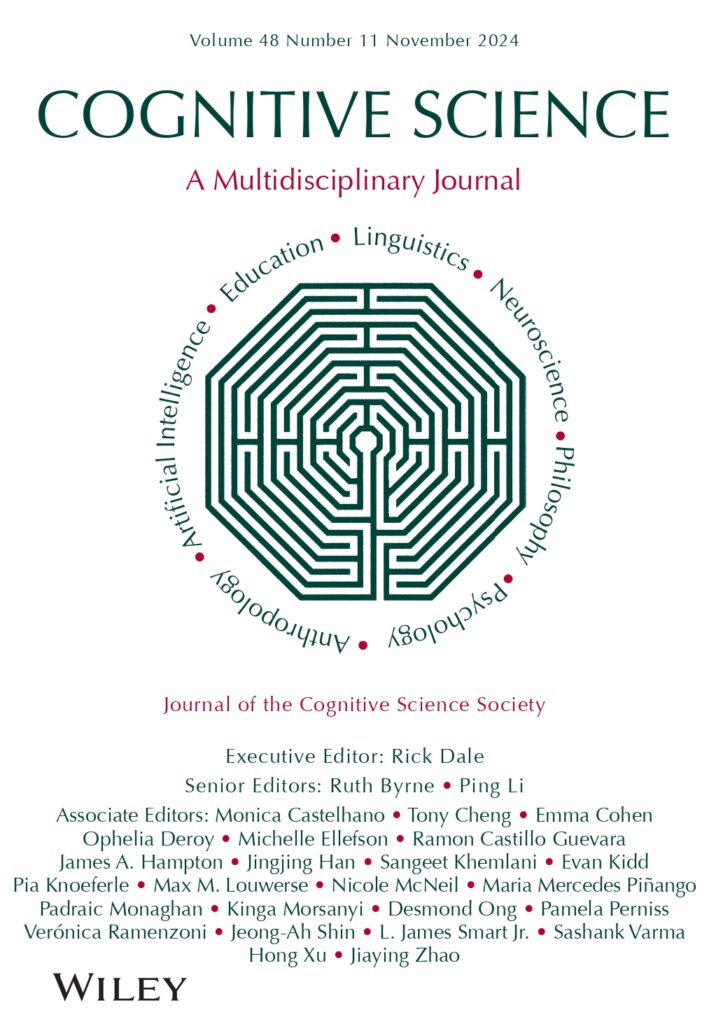Nuestros compañeros Jon Rueda e Ivar Rodríguez Hannikainen, investigadores de FiloLab, han participado en un estudio recientemente publicado en la revista Cognitive Science: A Multidisciplinary Journal. El artículo, del que son coautores Carme Isern-Mas y Piotr Bystranowski, se titula «Does Momentary Outcome-Based Reflection Shape Bioethical Views? A Pre-Post Intervention Design» e investiga si el razonamiento basado en las consecuencias puede inducir a las personas a adoptar puntos de vista más progresistas con respecto a cuestiones bioéticas controvertidas. A continuación reproducimos el abstract del trabajo, al que se puede acceder a través de este enlace.
Many bioliberals endorse broadly consequentialist frameworks in normative ethics, implying that a progressive stance on matters of bioethical controversy could stem from outcome-based reasoning. This raises an intriguing empirical prediction: encouraging outcome-based reflection could yield a shift toward bioliberal views among nonexperts as well. To evaluate this hypothesis, we identified empirical premises that underlie moral disagreements on seven divisive issues (e.g., vaccines, abortion, or genetically modified organisms). In exploratory and confirmatory experiments, we assessed whether people spontaneously engage in outcome-based reasoning by asking how their moral views change after momentarily reflecting on the underlying empirical questions. Our findings indicate that momentary reflection had no overall treatment effect on the central tendency or the dispersion in moral attitudes when compared to prereflection measures collected 1 week prior. Autoregressive models provided evidence that participants engaged in consequentialist moral reasoning, but this self-guided reflection produced neither moral “progress” (shifts in the distributions’ central tendency) nor moral “consensus” (reductions in their dispersion). These results imply that flexibility in people’s search for empirical answers may limit the potential for outcome-based reflection to foster moral consensus.

